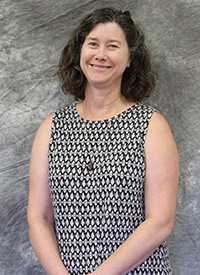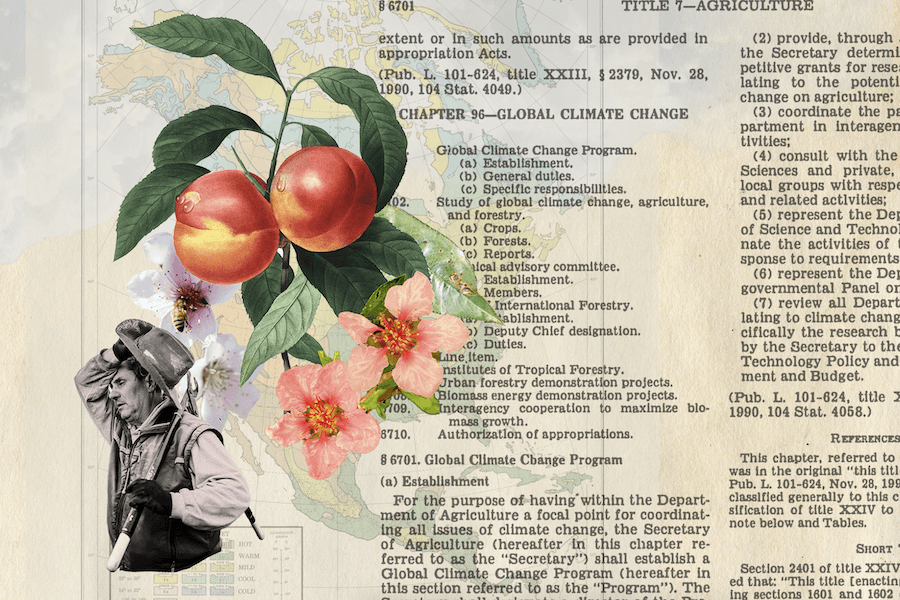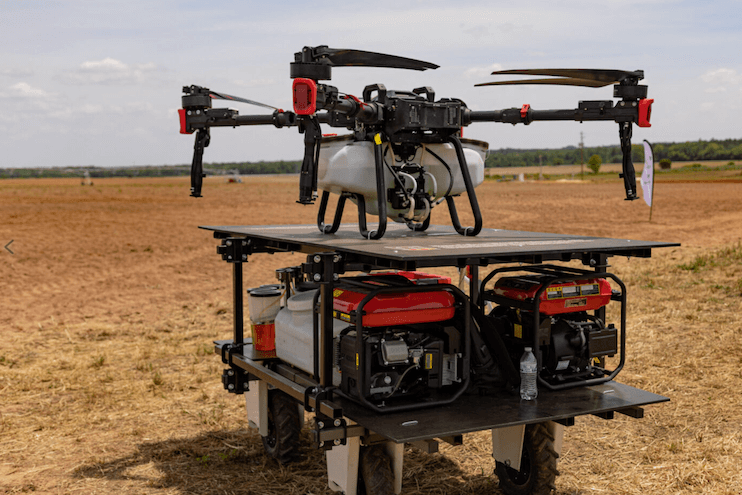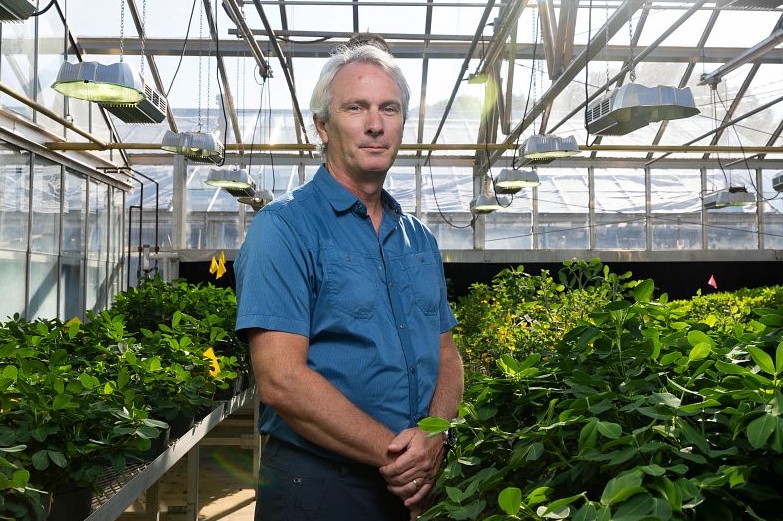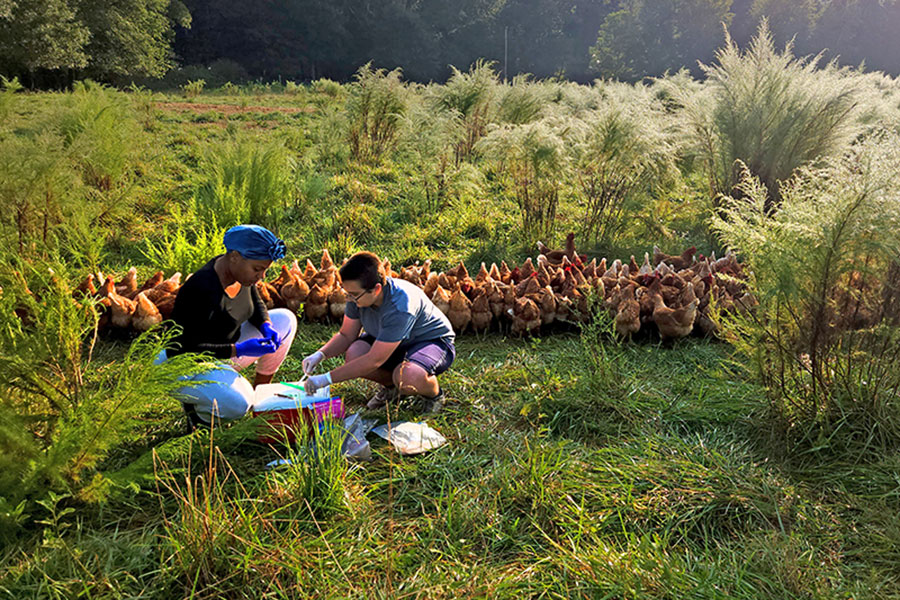Janine Sherrier believes the University of Georgia Department of Crop and Soil Sciences’ focus on long-term sustainability is vital to the viability of Georgia agriculture and the farmers who make it the No. 1 industry in the state.
Sherrier is the new UGA College of Agricultural and Environmental Sciences crop and soil sciences department head. Her vision, since arriving in Athens, Georgia, in June, involves helping Georgia farmers be successful now and for decades into the future.
“With a commitment to all three branches of the land-grant mission — extension, research and academics — we work side by side with growers and find solutions to their emerging challenges. We’re also developing resources and knowledge to ensure their future success, and we aim to train a steady stream of well-prepared graduates for the agriculture industry,” Sherrier said.
UGA’s campuses in Athens, Griffin and Tifton, Georgia, house UGA crop and soil sciences faculty and staff. The department aims to provide modern technology and science-based knowledge to students, farmers, consumers, agribusinesses, nonprofits and governmental agencies across Georgia.
“Our producers are highly productive now, and innovations in precision agriculture and plant breeding and management practices could provide growers the tools they need to thrive in the future,” Sherrier said.
Sherrier came to UGA because the crop and soil sciences department is known for its impactful Cooperative Extension programs, applied and basic research, and academics, but she is driven to continue to strengthen the department’s programs. Sherrier says the department will address issues that might become problematic in the future. Growers face increasing costs, complex regulations and intense competition for resources.
“Everywhere I’ve traveled in Georgia, I’ve heard from growers about how important the Department of Crop and Soil Sciences is to their industry,” she said. “In crop and soil sciences, the faculty have particular strengths in plant genetics and breeding, soil geochemistry, and sustainable management practices. One of my goals is to bridge and leverage those strengths to generate novel resources for our growers.”
With Sherrier’s long-term vision for the department and Georgia agriculture, she advocates for agricultural management strategies that generate high crop yields and growers’ economic success while emphasizing careful stewardship of natural resources.
Sherrier previously served as a professor of plant and soil sciences at the University of Delaware and held the first dual appointment with the Delaware Biotechnology Institute. At the University of Delaware, she established an internationally competitive research program about beneficial-plant-associated microbes. Work by her team there led to the development and marketing of a bioinoculant, approved by the Environmental Protection Agency, that is available to growers today.
Sherrier earned a bachelor’s degree in biology from Baylor University and a doctorate in biology from Texas A&M University. She also completed postdoctoral research programs in genetics at the John Innes Centre and in biochemistry at the University of Cambridge in the United Kingdom.


